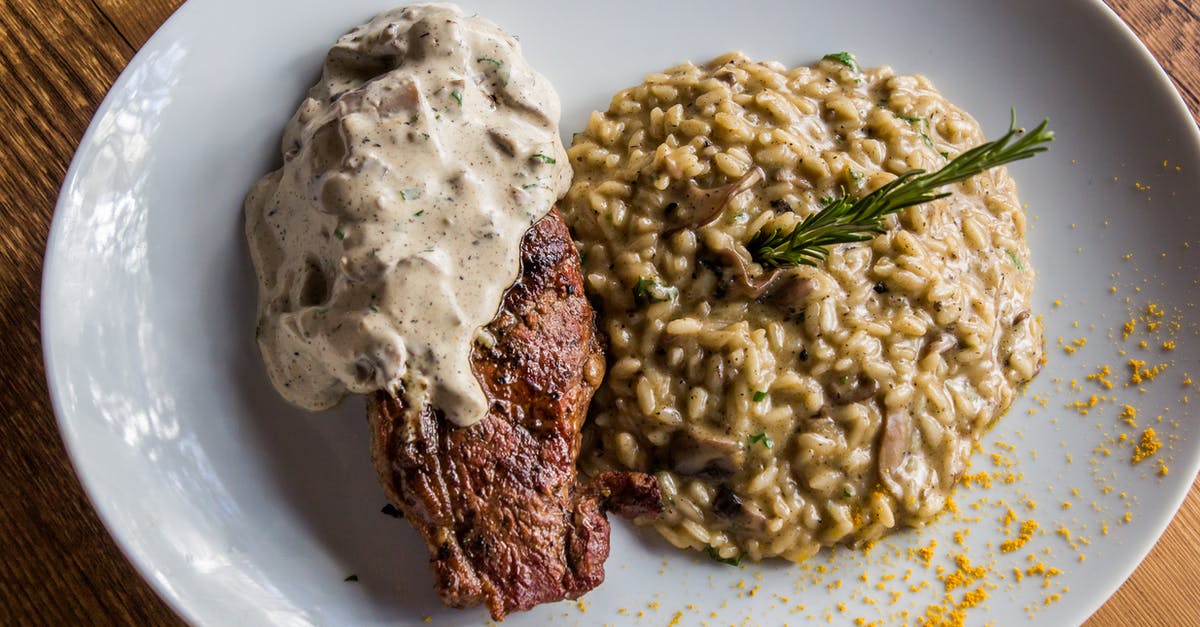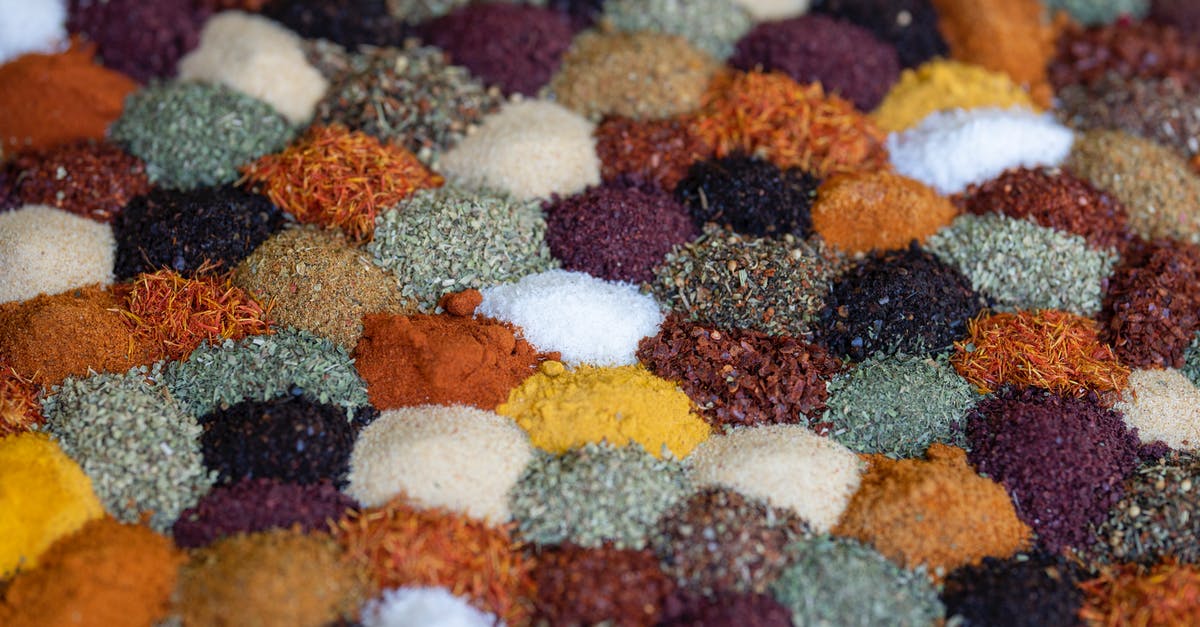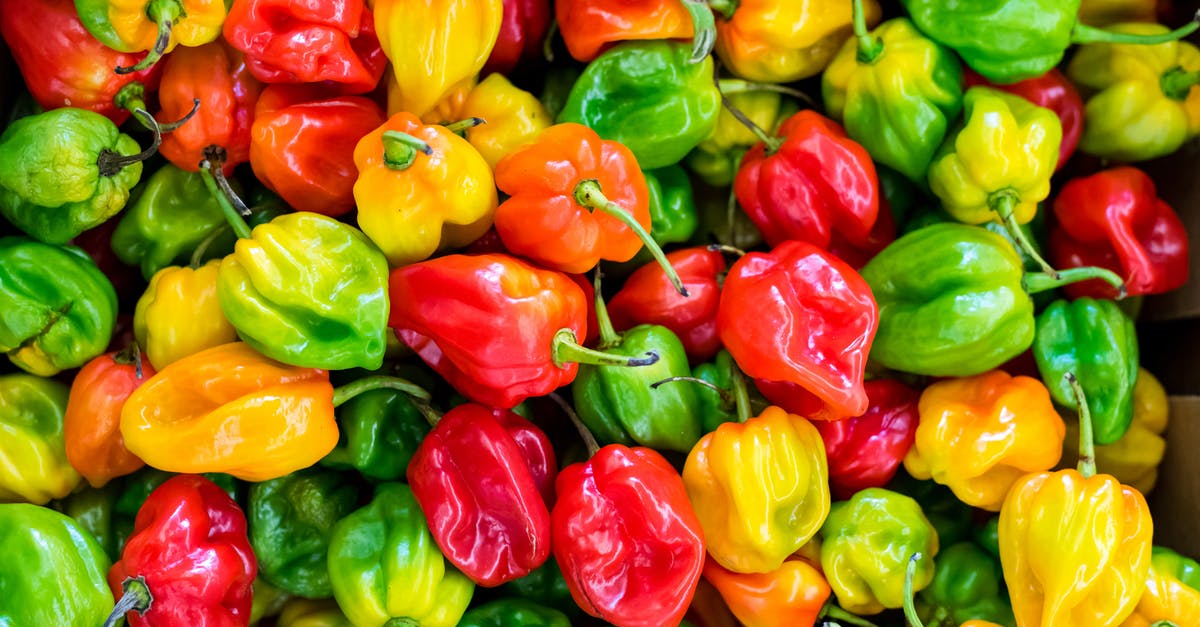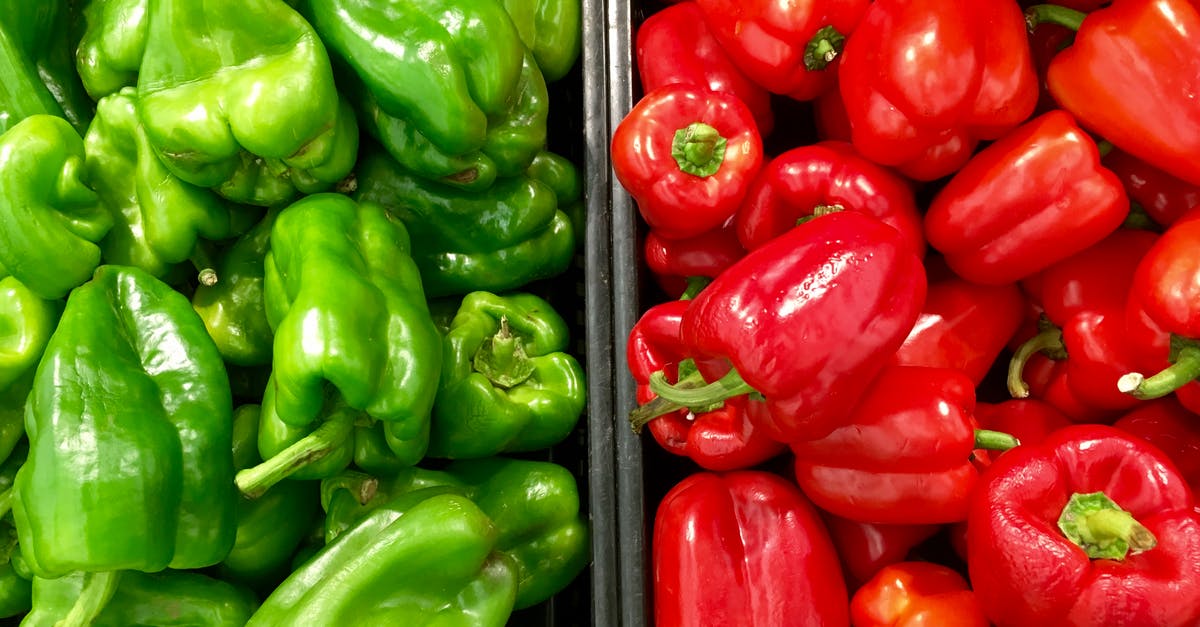Tasting food while cooking

I cook quite regularly at home, but I have trouble tasting food while cooking. All I want to know is if I should adjust salt, pepper or sourness. On the rare occasions that I taste, I invariable mess up the ingredient that I tasted. For example, I might place a little quantity (enough to lick) on my palm, wait/ blow for it to cool down, taste and adjust for salt. Later when eating the meal, I discover that I have added too much salt.
Any tips?
If it matters - this is South Indian style vegetarian cooking - lentils, vegetables.
Best Answer
Tasting while in progress is trial and error and a learned skill. If a sauce needs to cook for an hour or more to meld favors together, it will not taste the same early in the process as the finished product. Some ingredients mellow during the process, others concentrate. Garlic as an example may taste strong to begin with, or be undetectable in other areas until it has melded with the other ingredients. Salt will often become stronger as the product cooks towards completion. The art is learning that at the half way mark knowing what the salt or other ingredient should taste like and how forward it should be to have it where you want in the finished product. If you cannot taste it at all at the half way point, there almost certainly is not enough, but if it tastes like what you want at the end, then you may have too much and need to make other adjustments.
For me, this comes only with experience and you will get that only by consistently tasting and learning what it tasted like in progress when it turns out the way you want in the end. You will definitely make mistakes, the key is remember and learn from those. In the long term, you final results will tend to be better if you go by taste in many products than trying to go by one pinch in this dish, two dashes in this, and so on. Meat is especially notorious for one piece taking more spice than another, but many vegetables are the same way, especially things like onions that can vary in strength, tomatoes that vary in acid, etc.
In learning on some dishes, like sauces, you can even consider dividing into two sauce pans. One you spice a bit heavier than he other, taste side by side, and proceed. Then compare the end product and see which was closer to what you wanted. If both are OK, but one better, you now have a better idea of what the mid point target was, combine them for serving so no loss and remember the lesson.
Pictures about "Tasting food while cooking"



Quick Answer about "Tasting food while cooking"
The proper industry method is to the two spoon method - a sampling spoon and a tasting spoon. You use one spoon to take your food out of your cooking vessel then place it into your tasting spoon, which you then use to taste.Is it OK to taste food while cooking?
Yes, do as professional chefs do - give it a real raste, not such a small taste that it's only a "lick". You can't properly get the sense of what something tastes like when the amount is that small. Keep a soup spoon handy as a 'tasting spoon'.Why is it important to taste food while cooking?
It's important to know the flavor and texture of an item in its raw state. Uncooked ingredients like vegetables, herbs and spices all taste and feel different than their cooked versions. Understanding these differences is valuable in determining the appropriate doneness of an ingredient.What is tasting food called?
One who tastes things professionally. taste-tester. sensory panelist. taster.Why can I taste food when I look at it?
But for some people, associating taste with color is more than just a once-a-year experience. These people have synesthesia \u2014 a neurological condition in which stimulation of one sense (e.g., taste) produces experiences in a totally different sense (e.g., sight).Can I taste the food that I am cooking while fasting in Ramadan? [2020]
More answers regarding tasting food while cooking
Answer 2
Yes, do as professional chefs do - give it a real raste, not such a small taste that it's only a "lick". You can't properly get the sense of what something tastes like when the amount is that small.
Keep a soup spoon handy as a 'tasting spoon'. When you want to taste your cooking for possible seasoning adjustment, use the larger spoon (used for stirring your cooking) to scoop about a teaspoon of food onto your 'tasting spoon'. You can blow on that without worrying about burning yourself and by putting it a separate spoon, you don't have to get a clean spoon each time. No cross-contamination either.
Don't just swallow that teaspoonful of food either. Savour it. Move it around your mouth so you can taste what it's really like. If you're not sure, take another small spoonful out. You get a much better idea than simply a lick.
Answer 3
South Indian vegetarian cuisine is often stew-like, no? While many seasoning do need to cook with the dish so that the flavors meld, in most cases, if you add salt, then continue to cook, the end result will be saltier. That is because as you cook, evaporation occurs and the salt becomes more concentrated. I would wait until the cooking is complete, then just before serving taste and adjust seasoning, especially salt.
Answer 4
Always taste any sauce that you're cooking. If it tastes 'bad' then do something about it. If you're not sure do nothing.
Sources: Stack Exchange - This article follows the attribution requirements of Stack Exchange and is licensed under CC BY-SA 3.0.
Images: Vinícius Caricatte, Engin Akyurt, Ivan Torres, Rafel AL Saadi
